Poetry

Highway of Dreams by Maureen Anne Browne
There are poems that take a deeper dive into serious subjects as well. Poems are written mostly in free verse and prose.
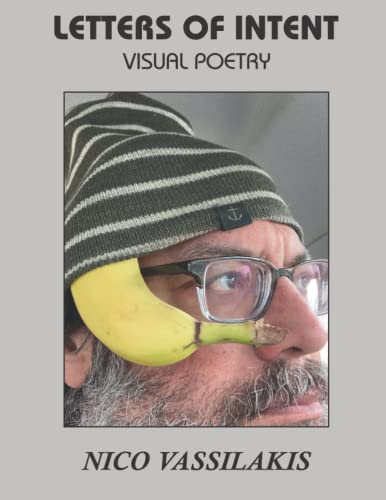
Letters of Intent - Paperback – January 2, 2022 by Nico Vassilakis (Author)
The book is divided into several different sections. The question is do the section titles suggest the art work letters that will follow or not? Another question the reader may ask, is there a message in the words and letters or not?
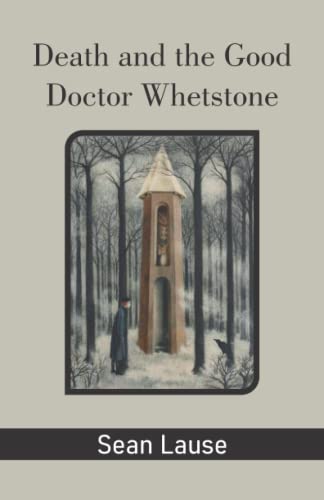
Death and the Good Doctor Whetstone Paperback – October 29, 2022 by Sean Lause (Author)
‘A dead soldier speaks’, in this poem Sean has captured the thoughts of a dead soldier very brilliantly. Soldier says his death was shorter than his life. He would rather let the killer speak for him than those who know him, because he feels that those who speak for him weave lie like a magician pulling silk scarves from his mouth.
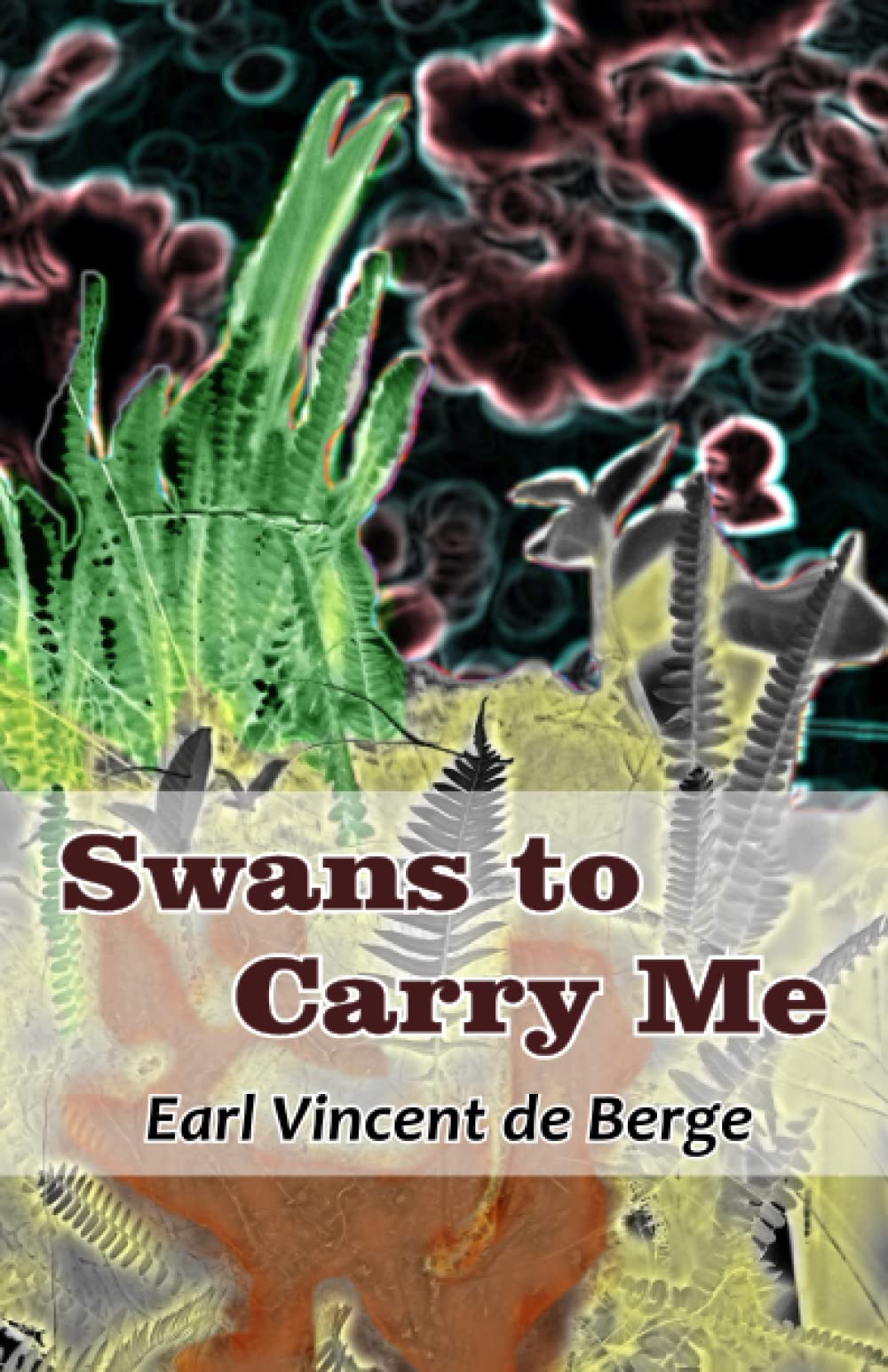
Swans to Carry Me by Earl Vincent de Berge
The author states that his book “presents some of my reflections on environment, society, aging, religion, time and peace of mind” and there’s a “focus is on the animal world which has enriched my life for eight decades.” It is a delightful compilation indeed to see an author present their works as they have lived in them or lived through them.
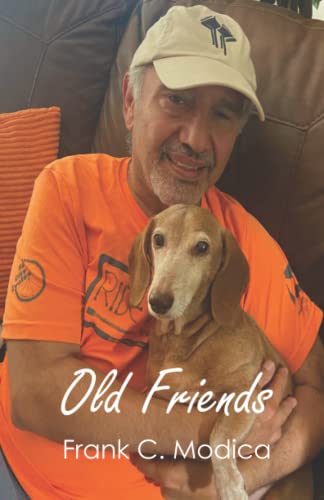
Old Friends by Frank C. Modica
“Old Friends” is a chapbook of poetry dedicated to and/or really about the author’s dog, Nero. Once you read through these heart warming adventures and sometimes deeper moments, you may long for a furry companion of your own. Or at the very least, you may want to read more poems about animals and pets.
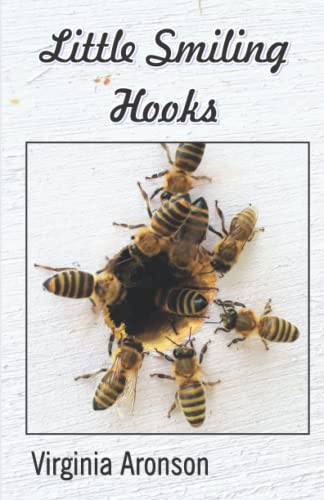
LITTLE SMILING HOOKS: For Plath Fanatics (not to be read with your head in the oven)
Usually, it’s summer when I read and review. Mid-morning in the sunny hot tub surrounded by banana trees and bamboo. Or late afternoon in a hammock on the porch where Honeysuckle has come in through the screen, a ceiling fan barely moves and, down below, looking out across the pasture, deer leap like children in tall grass.
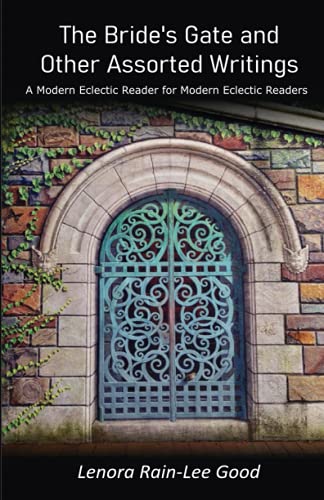
The Bride’s Gate and Other Assorted Writings
Do yourself a favor and read The Bride’s Gate and Other Assorted Writings from cover to cover. You will still love the effect, but in a more organized way.
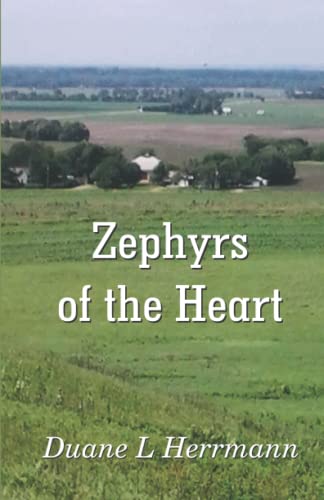
Zephyrs of the Heart
Duane L. Herrmann offers a somewhat spiritual and wondrous journey through poems in this new collection. Poems range in style and form, but each one carries a life within the lines. His poems are thoughtful and connected. The poems resonate and radiate his sense of passion and care which is evident on each page.
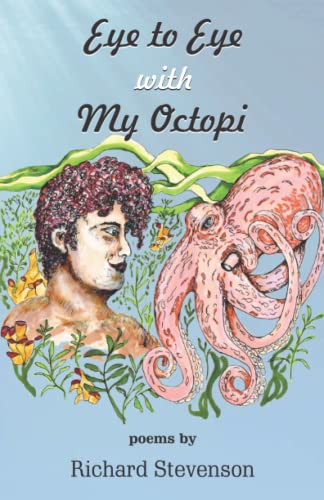
Eye to Eye with my Octopi by Richard Stevenson
Stevenson hits the entertainment buttons from all sides. These poems are simply for most all ages. He really makes poetry fun again. The poems liken to those of Lewis Carroll or Shel Silverstein. The poems are whimsical, but there’s a flurry of heart and introspection with a dash of satirical thrown in to each one, too.
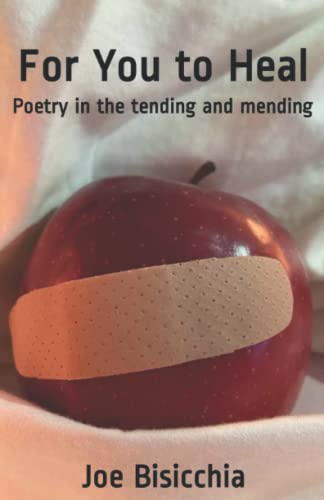
For You To Heal
Joe Bisicchia has put together a book of poems about healing and trying overall to get better, and to deal with the process all of that may entail. The poems are written in free verse and prose. He uses a generous mixture of styles which gives it a fresh perspective.
